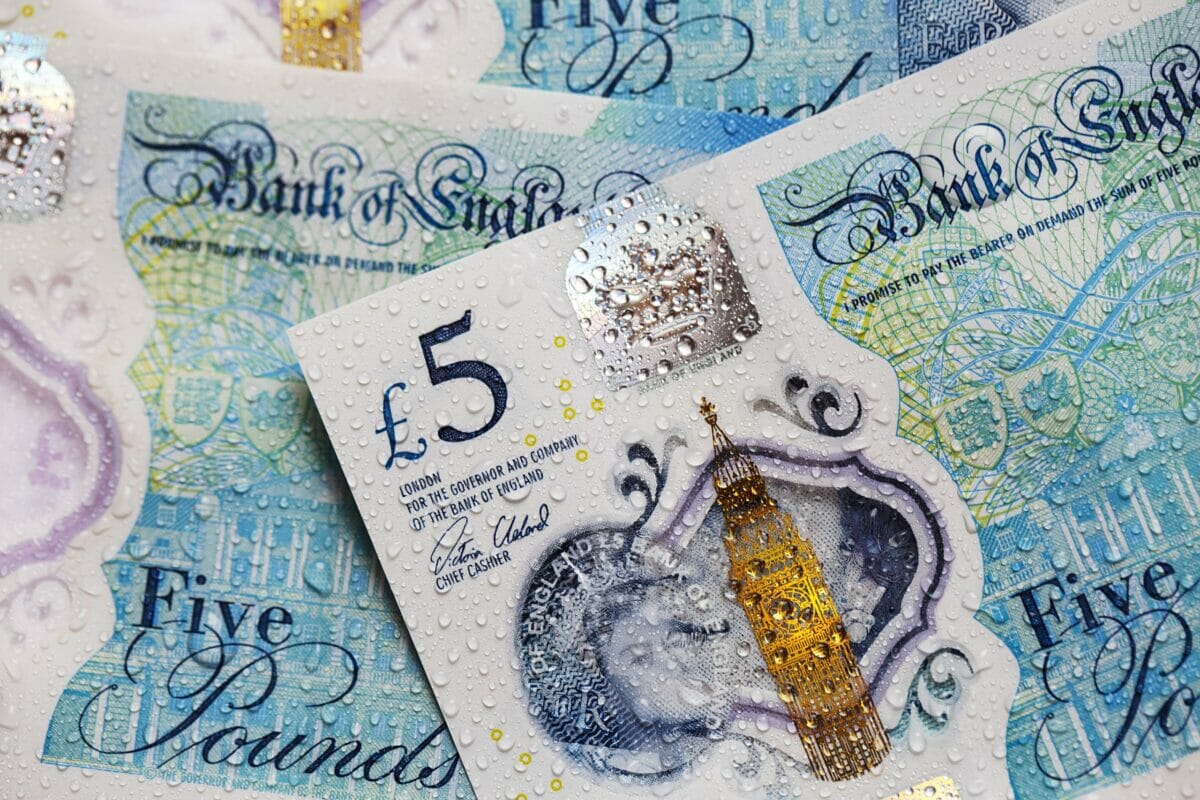The Consumer Price Index measure of inflation was 2.1% in May (up from 1.5% in April). It’s now above the Bank of England target of 2%. You can no longer match or beat inflation in any standard bank account – however long you are prepared to fix your money for.
Sarah Coles, personal finance analyst, Hargreaves Lansdown shares her analysis on UK inflation figures.
“Inflation has bust the Bank of England target, as lockdown lows in 2020 fed into bumper price rises over the past 12 months. Petrol has risen by almost a fifth, while clothing has seen its biggest rise in three years. Spenders are feeling the pain in their pockets, and over the longer term, savers will see it eat away at the value of their savings too.
The Bank of England was always expecting inflation to overshoot its target this spring, but it has taken the position that this is a short term blip caused by rock bottom prices a year earlier, and as soon as they naturally fall out of the figures, inflation will drop away again. It isn’t worried by the rise and it isn’t expecting to raise interest rates in the immediate future to bring it back down again.
This is good news for borrowers, but brings yet more misery for savers. It means we can’t expect savings rates to rise across the board any time soon, and we need to track down the best deals on the market today. If you’re in an easy access account with a high street bank you can still get over 110 times the interest in an account fixed for two years with a smaller and newer bank.”
The risers
“We’re a year on from rock bottom oil prices, which hit their lowest point in four years in May 2020. The recovery in the intervening year means fuel prices were up almost a fifth.
Similarly, retailers slashed clothes prices last May, because with the shop doors closed, and the shift to online sales yet to take off, racks of that season’s fashions were gathering dust on the rails and needed to be shifted by any means necessary. By contrast, retailers cut prices earlier this year to shift more stock in lockdown, but now that non-essential shops have reopened, they’ve hiked them again – defying the usual seasonal patterns which would see the summer sales start in May. The annual rise in clothes prices is the biggest in three years.
The change in recreational goods, especially computer game downloads, music and DVDs may have been affected by more demand in lockdown, but owes far more to the price points of the best-sellers, which always makes this a pretty volatile sector.”
What next?
“This is unlikely to be the last month that inflation overshoots its target, and while the four week delay in the reopening of the economy has been a bitter blow for many businesses, if it’s the last of the delays, we can still expect more spending to fuel inflation into the summer.
There’s every chance that this won’t last. The Bank is certainly hoping this is just a blip that will drop back when figures from last spring and early summer fall out of the annual comparisons. If the new variants mean more significant delays in the reopening of the economy, or new closures, it could mean inflation drops back even sooner than expected.
However, we’ve seen over the past year and a half just how forecasters can be wrong-footed by a rapidly changing environment. There’s still the chance that the fact the government has spent more than a year printing money and then handing it out to people at record levels will mean that as soon as we feel more confident, we’ll spend our way to higher prices. If that happens, the Bank of England’s prediction that inflation will fall back under its target in a matter of months starts to look like wishful thinking.”
What this means for savers
“At the moment, no normal savings accounts can keep pace with inflation, not even if you tie your money up for five years or longer. You can do so in a regular saver account, but these tend to be linked to current accounts, and accept relatively small monthly payments, so if you want to switch a lump sum you’re out of luck.
However, it doesn’t mean we should give up trying to make the most of our savings, because you can still get 50 times the interest just by moving from your high street easy access savings account paying 0.01% to one with a newer online bank. This should be the home for your emergency savings of 3-6 months’ worth of essential expenses (or 1-3 years for those in retirement).
We should also be bucking the trend towards leaving all our savings in easy access, especially now that fixed rate savings accounts, fixed for 1, 2 or 3 years, have become more competitive in recent weeks. Smaller and newer banks have needed to top up their assets and attract more funds at roughly the same time, so we’re seeing them jostle for the top of the price comparison tables. This won’t last forever, so it’s worth taking advantage of these rates while you can.
For money we plan to hold for 5-10 years or more, it’s worth considering investment. The value of your money will rise and fall over the short term, but over the long term it stands a far better chance of staying ahead of inflation.”
















